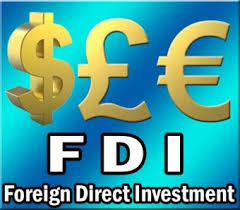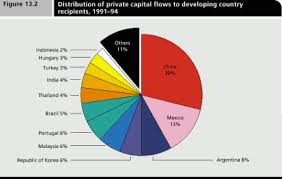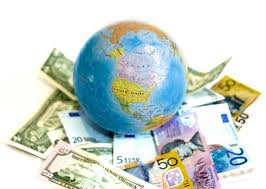Definition of Foreign Direct Investment

The definition of foreign direct investment steers you into the knowledge and fundamentals to enter this lucrative market.
This generally involves the flow of capital from one country into another either by individual, private or large institutional and or government affiliated entities into another country in exchange for significant ownership stakes in domestic companies or domestic assets. Typically somewhat active roles in the management will be taken by the foreigners.
Defining Foreign Direct Investment also known as FDI involves investment in production or business in a foreign country either by the investor buying an existing business or expanding a business. It contrasts portfolio investments which is a passive investment in the securities of another country such as the purchase of stocks and bonds in the target country.
There is currently an increasing trend of multinational firms investing in a variety of countries with a major focus on emerging market countries. It is often seen as a positive sign that effectuates future economic growth.

FDI broadly includes “mergers and acquisitions”. Building new facilities and reinvesting profits earned from overseas operations and internal loans within the associated companies.
The defining FDI may be referred to as the net inflows of investment (inflow minus outflow) to acquire a lasting management interest (10 percent or more of voting stock) in an enterprise operating in an economy other than that of the investor. FDI is a summation of equity, long term and short term capital invested. FDI usually involves participation in management, joint venture, transfer of technology and expertise. FDI has an inward and outward flow resulting in a net FDI inflow (positive or negative) and the stock of the foreign direct investment which becomes cumulative over a period of time. Direct investment excludes investment through purchase of shares as a passive activity.

How to Invest Money Secured > Foreign Direct Investment > Definition of Foreign Direct Investment




